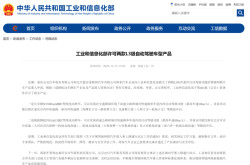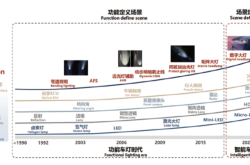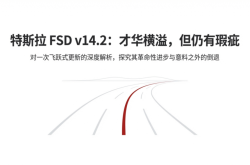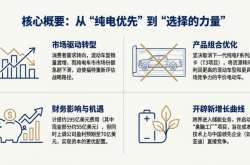The True Breakthrough of Large Models Lies in Top Apps
![]() 08/21 2025
08/21 2025
![]() 658
658

Why can AI plugins outperform general AI?
Author | Jingxing
Editor | Yang Zhou
The large model industry stands at a pivotal juncture.
On August 8, OpenAI unveiled its most powerful model, GPT-5, yet the product garnered negative reviews globally. Many users complained that GPT-5 not only lacked performance advantages but also became slower and even regressed in handling long texts.
From the emergence of Deepseek to the heated debates surrounding BAT's large model products, the battle for large model traffic has entered a lull, and the industry faces a new conundrum: How can the large model industry further increase penetration in the absence of significant technological breakthroughs in the short term, especially when marketing has reached saturation point?
A recent report titled "AI Application Market Semi-Annual Report 2025" by QuestMobile offers a novel perspective. The report reveals that as of June 2025, the user base of mobile native AI apps stood at 570 million, whereas the larger market lies in app plugins, with the user base of mobile in-app AI plugins reaching 630 million, surpassing that of native AI apps.
A new trend is emerging: Users need an AI assistant to enhance their experience in daily scenarios such as socializing, information gathering, and entertainment, rather than just an AI knowledge base. This could be the path to growth for large models.
01 AI Search Deepens into the Mobile Internet
User data indicates that as the market matures, the Deepseek phenomenon is unlikely to be replicated, and it is inevitable that AI plugins will surpass native AI apps in user base.
QuestMobile data shows that as of June this year, the user base of AI app plugins reached 630 million, compared to 570 million for native AI apps and around 180 million for PC web. In terms of user base changes, since February this year, the monthly active user base of internet companies' native apps has stabilized at around 270 million, with only AI plugins among all channels maintaining a growth trend.
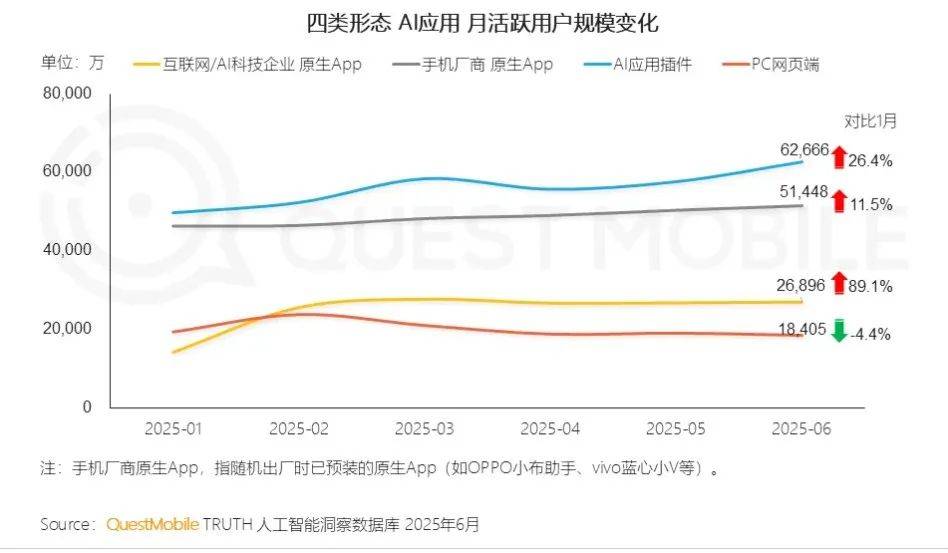
Among the current explosion of mobile internet AI plugins, the primary market growth comes from search products. QQ Browser, for instance, leveraged its overall product transformation momentum to replace the original search entry with the AI search entry Qbot, achieving a compound growth rate of 255.2%. Weibo's AI Weibo Smart Search ranked second with a compound growth rate of 41.7%. AI plugin applications on information/social media platforms such as Baidu, Douyin, and Quark also increased to varying degrees.
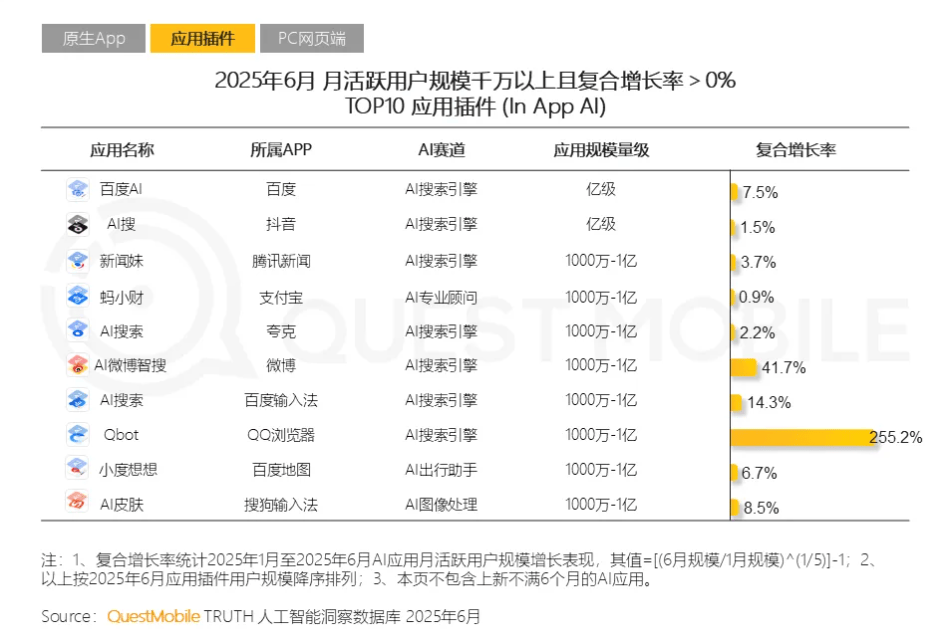
The prominence of AI search is not hard to understand. In the fiercely competitive mobile internet landscape, the search function has always been a "gateway-level" rigid demand for users seeking information. However, the limitations of traditional search engines, such as fragmented information, indistinguishable content authenticity, and inefficient acquisition, are increasingly apparent.
The rise of AI search plugins is reshaping this fundamental scenario with the "cognitive abilities" of large models. For products with a large existing user base, the platform's accumulated potential energy is sufficient. Once AI plugins are integrated, they can immediately tap into massive user demand.
Another crucial factor is that AI is disrupting the user experience of top apps. Currently, major apps are leveraging AI search plugins to provide precise content and expand user experience. Notably, top products rely on mature user bases and content ecosystems to cultivate new soil for AI applications.
Take QQ Browser as an example. In May this year, QQ Browser announced its upgrade to an AI browser and replaced the original homepage content with AI search. From a practical experience perspective, its Qbot AI focuses on life encyclopedia-style conversational answers, and its homepage content guides users to ask AI encyclopedia-style questions, such as "DIY summer refreshing drinks."

Among these, practical tools like AI College Entrance Examination and AI Learning are the "golden signs" of QQ Browser. By organizing professional knowledge in related fields, QQ Browser has established a knowledge base for college entrance examinees.
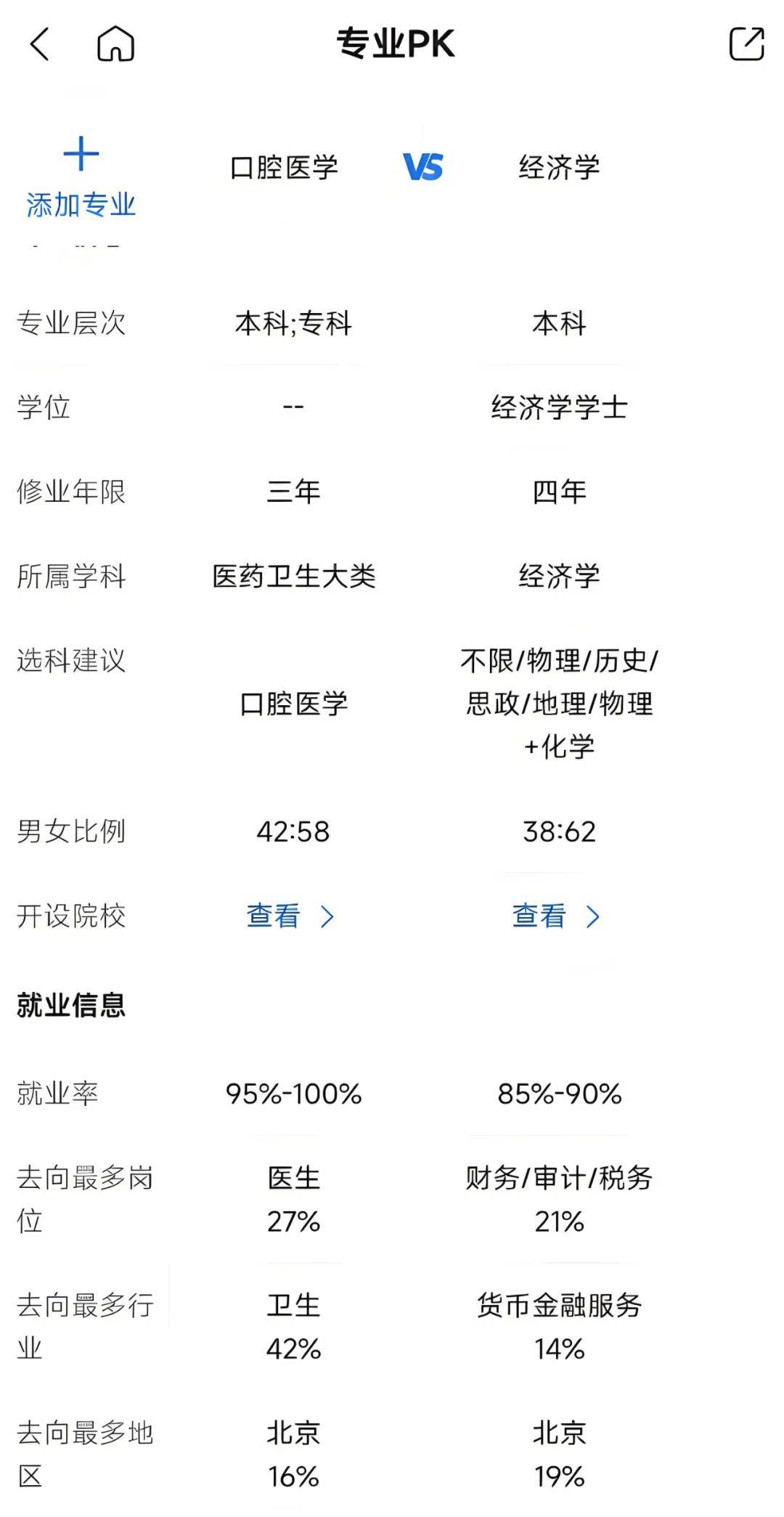
Starting with a popular science knowledge base and extending to a professional-level knowledge base is also the mainstream direction for current tool-type products in defining and applying AI plugins.
Another product direction for AI plugins is represented by social media platforms such as Weibo and WeChat. Their hallmark is that the products themselves possess mature and extensive content ecosystems. While incorporating large model technology, they also integrate the content libraries of the entire platform as searchable data sources.
From a product experience standpoint, knowledge base-type AI plugins tend to re-anchor product positioning, while content-type AI plugins tend to leverage the original content ecosystem to offer a unique exclusive large model, pushing the product experience to new heights and thereby breaking through the growth ceiling of mobile internet products.
Taking WeChat AI Search as an example, in terms of product entry, WeChat chooses to prioritize displaying AI search results when users search for hot events or ask questions. For instance, when searching for the hot topic "Assisted driving should not be treated as autonomous driving," WeChat AI Search can generate event details and summaries.
The core advantage of WeChat AI Search lies clearly in its exclusive content ecosystem of official accounts. In the search results for the assisted driving hot topic, WeChat AI Search uses seven WeChat official account articles as references, achieving a relatively accurate sorting and analysis of hot information.

Weibo Smart Search has its unique style. Weibo's product feature is epitomized by its trending search function, forming a central positioning for the diffusion and dissemination of hot events, covering hot news in various fields at home and abroad, and generating tremendous social influence.
Based on this, Weibo Smart Search dissects the timeline and organizes the ins and outs of each trending search term, providing background information and analysis, making originally complex hot news simple and easy to understand for users.
When searching for the topic "Assisted driving should not be treated as autonomous driving" as well, Weibo Smart Search provides content on policies and regulations, technical status, user risks, and safe usage guidelines. While introducing relevant policy actions, it also organizes the general status of related technical fields for readers.

Noteworthy is the number of sources cited by Weibo Smart Search. In addition to public reports by authoritative media on the event itself, Weibo also cites dozens of related blog posts for analyzing technical details of assisted driving. These content sources include media reports on other topics in the field of assisted driving, relevant blog posts by influential bloggers, and reminders from traffic regulatory authorities. At the end of the search results, Weibo Smart Search also attaches supplementary interpretations by bloggers.
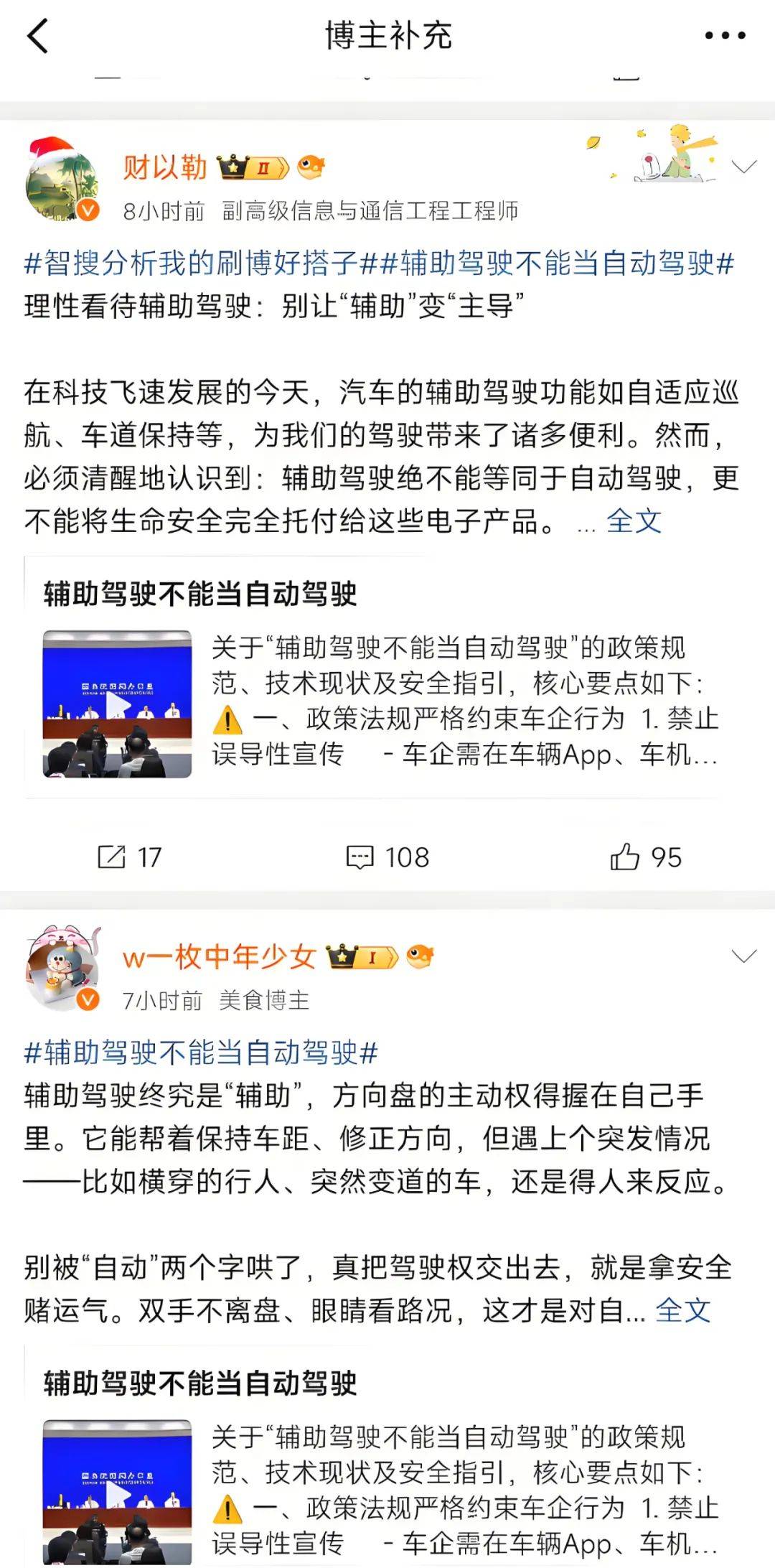
Furthermore, Weibo Smart Search offers a follow-up questioning function based on AI search. When users wish to delve deeper into hot events or obtain more verification information, understand popular internet slang or euphemisms, analyze movies, TV shows, variety show intelligence, and other content, they can select or input follow-up questions to receive answers.
For example, under the Weibo Smart Search results for "Assisted driving should not be treated as autonomous driving," selecting "Follow-up Question" automatically retrieves recommended search questions, which can generate equally detailed answers upon selection.

In hot gossip events, Weibo Smart Search can better demonstrate the platform's advantages of fast hot topic dissemination speed and a sound gossip ecosystem. Taking the emotional dispute of the internet celebrity blogger Taobaibai as an example, the related events are intricate and difficult for ordinary users to sort out in a short time. However, Weibo Smart Search can provide a clear timeline of each step of the event in a short time and fully present the deep motivations of the parties involved, the mainstream evaluations of netizens, and the public opinion impact of the event, achieving true one-click gossip consumption.

This may be the reason why Weibo Smart Search stands out among mobile internet AI plugins - it integrates its content ecosystem with AI, achieving extreme detail and credibility in confirming major events and organizing gossip information, ultimately forming a content advantage unique to Weibo.
Among the various product forms of the mobile internet, top products in various fields are attempting to integrate large models to enhance product competitiveness, such as e-commerce, gaming, social media, short videos, etc. Among them, the transformation of social media by large models has been particularly successful. The reason is that, with the advantages of instantly obtaining precise results and one-click web retrieval, AI is rewriting the rules of internet information dissemination.
Weibo, which possesses attributes of both an information platform and a social media platform, exemplifies this particularly well. Weibo Smart Search is influencing users' usage habits - for many Weibo users, asking Smart Search about trending search terms and having AI organize the ins and outs has become a habit; for bloggers, further interpreting and commenting on popular Smart Search content is becoming a new content trend.
A representative case is the dissemination of rumor refutation information.
In the past, internet rumors were known as "making up rumors with one mouth and running around to refute them with two legs." However, with the support of large model technology, users can obtain rumor refutations and verifications of hot events in the first instance.
This is most evident on Weibo, which has always been renowned for its strong hot topic discussion atmosphere, high user activity, and fast dissemination speed, benefiting from its small content volume and low creation cost. With the support of Weibo's content ecosystem and AI Smart Search technology, users can obtain rumor refutation content with one click, and statements from the parties involved in events can also be disseminated to the public in the first instance with the help of related functions, minimizing the destructive power of rumors to the greatest extent.
Taking the recent rumor refutation of orders by Cambricon as an example, relevant statements were quickly retweeted by media on Weibo after being released, and related content was quickly included in Weibo Smart Search, forming a complete analysis from official statements to market reactions, market doubts, and event interpretations.

Making the truth spread faster than rumors, thereby changing the rules of internet information dissemination, is undoubtedly an important contribution of Weibo Smart Search. Its value is further enhanced - as the user penetration rate of Weibo Smart Search grows rapidly, more and more users begin to understand and use AI search, leaving less room for rumors to survive. In the future, erroneous content and unfounded rumors will lose their breeding ground.
Currently, large model products are facing homogeneity anxiety, and the market is trapped in a fierce price war, with all products struggling with insufficient user loyalty. However, the user base of Weibo Smart Search surged this year because Weibo itself has a mature content ecosystem and enjoys the user mindset of the most comprehensive and fastest hot topic information consumption and gossip on the entire network. Once the AI plugin is integrated, it produces a 1+1>2 effect, further strengthening users' habits of verifying information and consuming hot gossip.
This can provide a remedy for the penetration anxiety of the large model industry - in addition to knowledge dissemination, large models should also adapt to user habits, go to the scenarios where users are most active, leverage the user base and content ecosystem of top platforms for dissemination, and create brand-new product experiences.
Compared to native AI products that emphasize complex calculations, the potential user base of AI plugins is obviously larger, involving more scenarios. The future exploration of penetration rates in the large model industry will likely hinge on how many new chemical reactions AI plugins can foster in top products.

